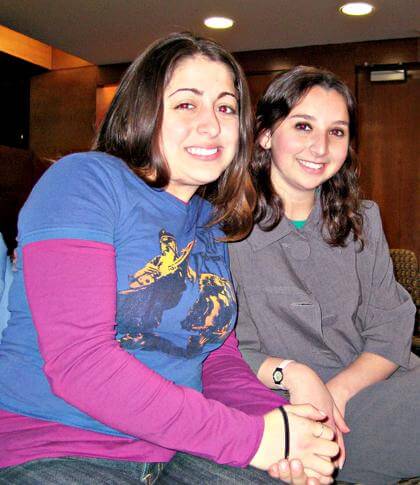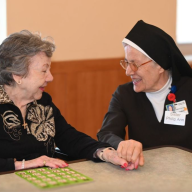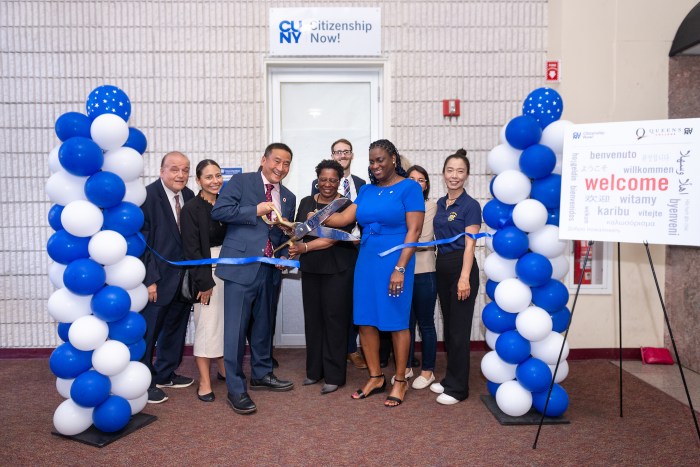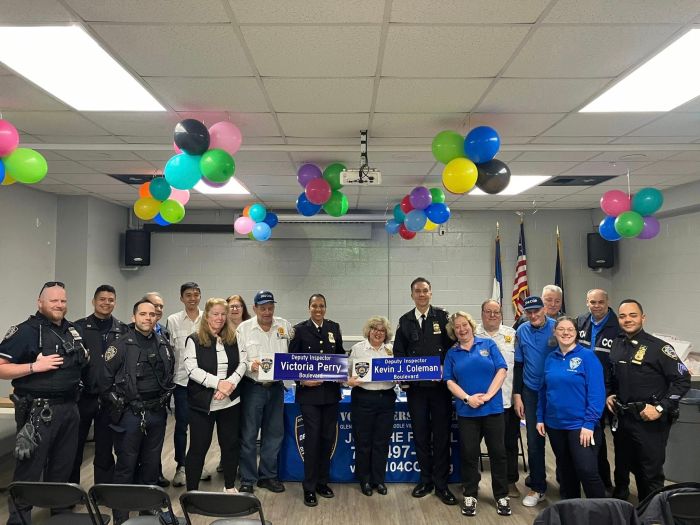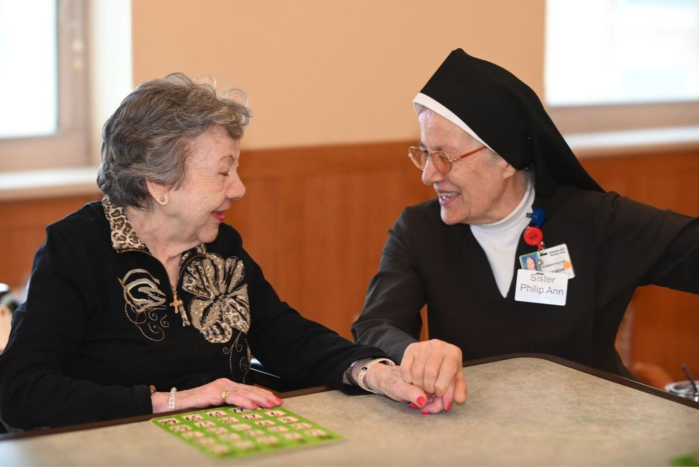By Anna Gustafson
For St. John’s University student Meredith Chesler, a plate of pasta last week had never tasted so good.
The food was her first large meal in 100 hours, during which time the first-year law student spent $5.83 a day in an attempt to learn what it would be like to have to live on food stamps.
“I was really, really hungry,” Chesler said of the experiment she and 14 other law students participated in as part of the university’s Founder’s Week celebration. “I was shaking I was so hungry.”
The event, held from Jan. 25 to Jan. 30, at all of St. John’s six campuses worldwide was meant to mark the legacy of St. John’s Vincentian mission and the 350th anniversary of the death of St. Vincent de Paul, a 17th century saint in France who founded the Vincentian order that seeks to change the world through charity and social justice.
Chesler spoke about her experience during a panel discussion on food stamps and hunger at the university Jan. 27.
“My goal was to eat a well-balanced diet, but my caloric intake was well below anything anyone should have,” Chesler said. “I consumed between 800 and 1,000 calories a day. I’m very into exercising, but I couldn’t walk up a hill at St. John’s. My focus in class was gone. It was a horrible feeling. I can’t believe there are people who have to live on $5.38 every day.”
Jennifer Baum, assistant professor of clinical legal education and director of the child advocacy clinic at St. John’s, said this was the law students’ first foray into the 100-hour food stamp challenge and expects it to become an annual event. She said the $5.38 the students lived on was representative of what one member of a family of four would receive if they were living on food stamps.
“We want to make sure our students understand their obligation to the less fortunate,” Baum said. “Hopefully, this will inspire a career’s worth of pro bono work.”
Baum monitored the discussion, which also featured Randal Jeffrey, the director of the general legal services unit at the New York Legal Assistance Group, and Barrett Brenton, an associate professor of anthropology at St. John’s.
Jeffrey highlighted the important role lawyers can play in creating access to food stamps. NYLAG, which provides free legal services to a wide variety of people, including immigrants and low-wage workers, sued the city in a case that was settled in 2007 and resulted in a more timely processing of food stamp applications.
About half the food stamp applications filed with the city were not being acted on within a month, as is mandated by the federal government, Jeffrey said. Following the suit, more than 90 percent of applications are processed in a timely manner, according to Jeffrey.
There are still plenty of barriers to obtaining food stamps, panelists said, and while individuals are waiting for government assistance they frequently have to go to emergency food providers, such as food banks, which have been facing a shortage of supplies in a city with a 10 percent unemployment rate.
Brenton said an increasing number of venues, such as farmer’s markets, are trying to accommodate those on food stamps, though it is difficult to eat a healthy diet while living on such a small amount of money, law students said.
Chesler, who was trying to spend about $1 per meal, noticed higher-sodium items were frequently less expensive than those with little salt, and she had to forego many of the organic products she was used to eating.
“We live in a dream world,” Chesler said. “I’m so used to buying $5 Starbucks coffee three times a week. That’s not how so many live in this society.”
Reach reporter Anna Gustafson by e-mail at agustafson@cnglocal.com or by phone at 718-260-4574.

